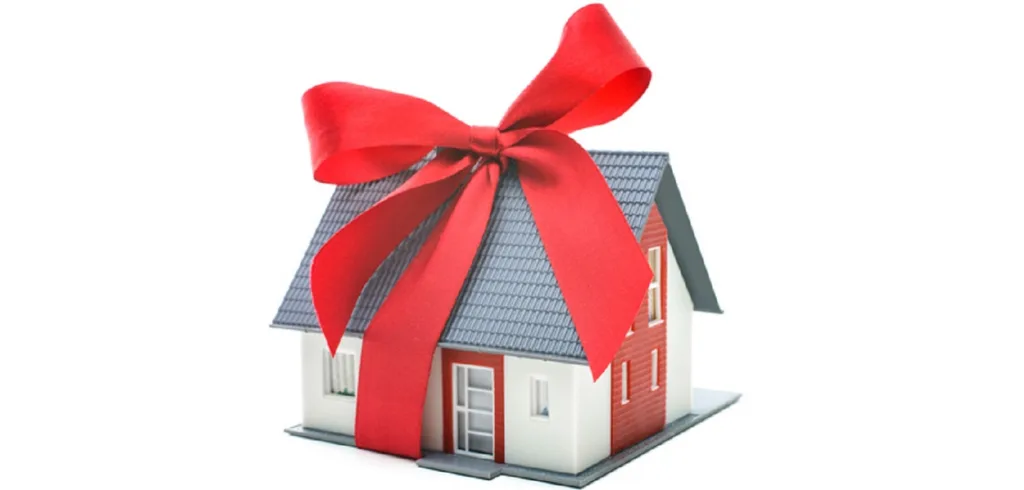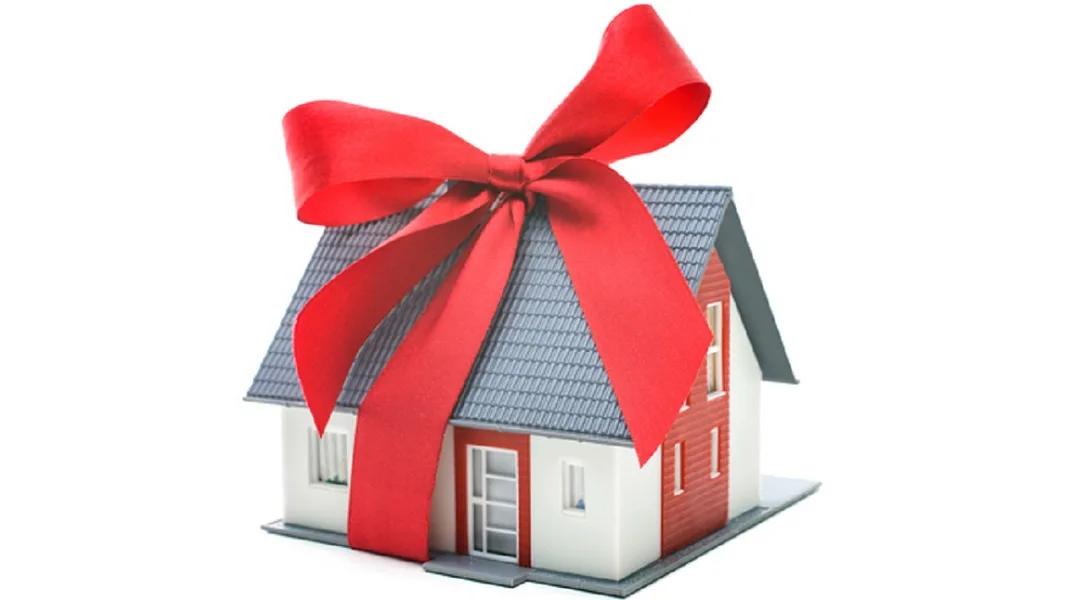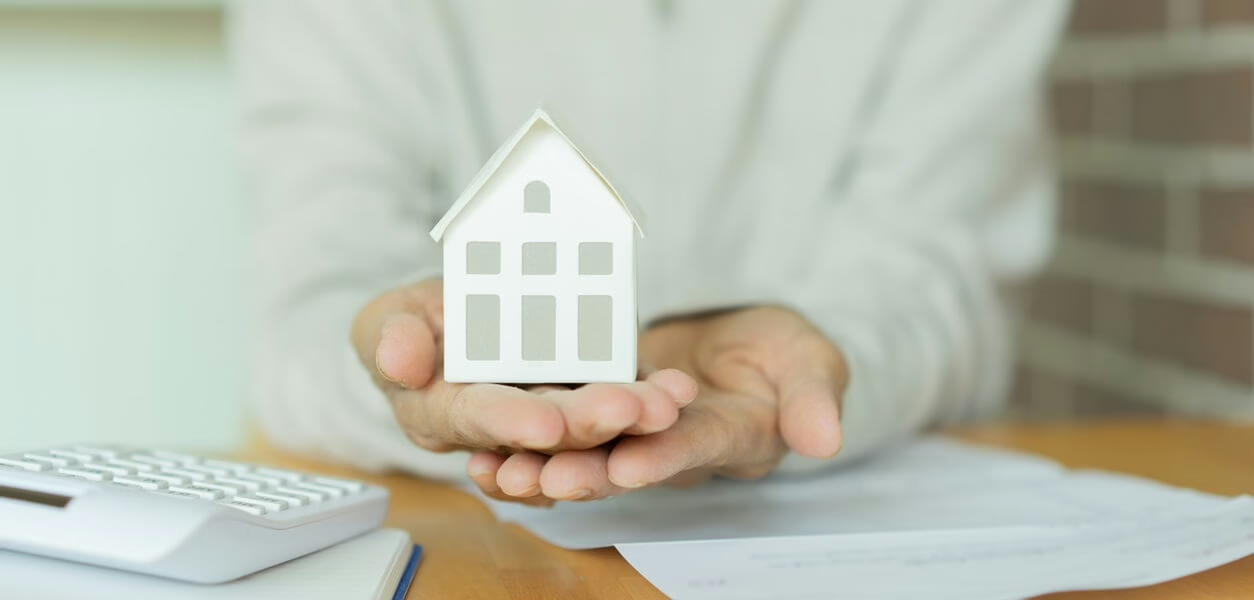
Should you stay or go?
And what are the implications?
If you are a homeowner, you have many different ways to use your family home to help fund your retirement. The first major fork in the road is the decision whether you will ultimately stay in your current home or go. There is a lot riding on this decision as it shapes the ways in which you can use your equity, which in most cases is the largest source of wealth in retirement.
If you live in your own home, you will either own it outright or you will have a mortgage. Either way, there are useful strategies for maximising your retirement income and entitlements based upon your equity.
If you plan to stay where you are, there are still important things you’ll need to think about.
If you are a homeowner who is considering downsizing, there are another whole raft of decisions to be made – again there are options which can significantly boost your retirement income if you manage them correctly.
As the home is such a huge source of possible retirement funding for so many retirees, we have created a two-part, Your home and your retirement explainer.
The first article explains how those who wish to remain in their current home can better understand and explore the rules that apply to them, their Age Pension entitlements and their superannuation. We also review the different ways homeowners might access household equity to top up modest savings and/or convert to higher income streams. And then there’s the recurring question, whether paying down a mortgage with super is a smart idea.
The second part of Your home and your retirement, which we will share in next week’s enews, will offer an overview of the rules of downsizing as they apply to Age Pension entitlements and superannuation. And whether there is still a place for accessing household equity after your move.
Staying put
Are you a homeowner? And heading towards or already enjoying retirement?
Let’s look with fresh eyes at the asset called the ‘family home’.
Many financial commentators say that retirees who own their own home have hit the jackpot. There are a few reasons why.
Firstly, those who fully own their own residences are in a rapidly shrinking portion of the population. Two or three decades ago, it took 4-5 times annual median income to purchase a home, now the multiple is 13 times annual income. Currently about 76% of retirees are homeowners, but this proportion is decreasing. Being a home owner without a mortgage means you are NOT faced with very regular interest rate increases, and so may not be aware of how hard it is in retirement to cover both your essential expenses and increasing mortgage repayments while living on a fixed income.
A second advantage of home ownership in retirement is the exemption of the family home from the Age Pension means test. The 2020 Retirement Income Review stated that home ownership ultimately translated into $4000 more in overall Age Pension entitlements, compared to those who were not homeowners.
Another bonus is that, for most retiree homeowners, the house represents far and away the highest value asset, about three times the value of super..
So if you are a homeowner and don’t plan on moving anytime soon, what are the main considerations when it comes to your family home?
1. Debt
Let’s start with the mortgage. If you still have a mortgage, the key consideration when you move to a fixed income in retirement, is your ability to cover repayments comfortably. Put simply, can you sleep at night? If you feel the repayments are not manageable, then there are two broad options:
- To use super or other savings to pay down your home loan until it is manageable
- Downsizing to a smaller home that might better meet your retirement lifestyle needs and might also enable you to reduce or pay off the mortgage.
2. Age Pension entitlement
The home which is your residence is exempt from Age Pension means testing. However, the Assets test is lower for a homeowner compared to a non-homeowner.
If you are not eligible for the Age Pension because of the homeowner assets test and you have a mortgage, then you may wish to consider the reduction of your mortgage, which may then lead to eligibility. Read more about how Jenny used this strategy. Jenny’s net assets remained the same, but her income improved by $11,614 per year.
Retirement Essentials paying off the mortgage consultations could help you explore how this might work in your situation.
Is my home considered an asset?
Your home is not counted as an asset when calculating the Age Pension, but it does affect how your Age Pension is assessed under the assets test.
If you are a homeowner your asset thresholds are lower than someone who does not own their residence.
3. Super and the family home
Whilst the value of the home normally far outweighs that of most peoples’ super savings, the difference is that super is far more liquid. And if you’ve reached Preservation Age, it’s also more accessible. This is probably the reason retirees often ponder whether it might just be easier to sell the ‘unwieldy’ asset of the home, and by using either/or Downsizer Contributions or ‘Bring Forward’ rules, to boost their super so that their ongoing income concerns are laid to rest for once and all. But is this a good idea? The devil is definitely in the detail and as the home is an exempt asset until crystallised into cash, some vendors have found they suddenly lose benefits due to breaking asset test limits. This can happen as well when ‘downsizing’. It’s important to know the rules, and check and double check the consequences in your own particular situation.
4. Staying in your home but accessing some equity
For many retirees this can be the ‘sweet spot’ in topping up income. Apart from selling your home, a portion of your home equity is generally released/accessed in one of three ways:
- The Commonwealth Government Home Equity Access Scheme
- Reverse Mortgage
- Wealth release (selling a share of your property)
Whilst there are some similarities between these three equity release products, there are also some striking differences. For this reason, we will cover these options in more detail in a future article.
Final words – and wishes
Last, but definitely not least, given that your home is probably your most valuable asset, how are you protecting it now – and for the future? Now, in terms of appropriate and adequate insurance and in the future in terms of your eventual estate?
Right now is the time to make sure that you are not one of the more than 50% of Australians who die without a will and leave an unholy mess behind. Be kind to your nearest and dearest and sort your affairs clearly and fairly beforehand.
What say you?
Are you a retiree homeowner?
Were you aware how many options this gave you to top up your retirement income?
Have we missed any?
Please let us know your thoughts
This article is provided by Retirement Essentials Representative Number: 001260855. We are an authorised representative of SuperEd Pty Ltd ABN 88 118 480 907 AFSL #468859. This information is not intended as financial product advice, legal advice or taxation advice. It does not take into account your personal situation, goals or needs and you should assess your own financial situation, consider if the information is suitable for you and ensure you read the relevant Product Disclosure Statement (PDS) if you choose to make any changes to your financial situation. It is always advisable to consult a financial adviser before making financial decisions.






I really do need to know more about retirement matters.
Hi Lydia, admitting you might need help is an important first step! Separately to this comment I have sent you an email with some of the ways we can help inform and/or empower you further.
Good morning,
Mario & Maria / we own our home have only few thousand in savings plus we get the age pension unfortunately today expenses are very high and we keep taking small amounts out of the savings every fortnight we love to stay in our home how can we use some of the equity in our home to have better quality of life in our retirement
appreciate your comment…
Mario & Maria
Hi Mario and Maria, thank you for reaching out. I would be happy to discuss some available options, share some helpful tools with you and explain some of the things to consider when accessing equity in your home in our General Advice Consultation, which can be booked by clicking here. Thanks, Megan
We are not happy we are both 70 years of age and we can not get a pension because of assets and savings. We work for our savings and house never go on holidays. We can get part pension. Life is not fair our savings is going down, down, down. Please help us.
Hi Benjamin, thank you for your comment. We offer a range of advice services that could potentially help you either maximise your entitlements or make the most of your investments. I will send you an email separate to this comment with a list of services we offer that may be of assistance to you.
I sold my house and now living in house on my daughters property I have now $800000 in super should I buy another house or invest
Hi James, thank you for reaching out. We are able to show you and talk through the differences from an Age Pension and asset longevity perspective between these options in our Strategy Consultation. This consultation is designed to help give you better perspectives and measurable outcomes, so that you feel more confident deciding what might be most appropriate for your individual circumstances. You can book this consultation by clicking here. Thanks, Megan
What if I retired and instead of downsizing, I upsized?
Hey Ray, thanks for your question. The concept seems backwards in a way, but it’s actually quite common. If you sold your home and pooled the proceeds with other assessable assets (such as savings or superannuation) and purchased a home worth more then potentially you could decrease your assessable assets! However, it is really important that you are confident about the consequences of that kind of change. It’s probably a good idea if we have a chat and I can help you figure out if you have left yourself with enough to provide for yourself comfortably through retirement, whether the decrease in assessable assets actually sees you in a better age pension position and by how much (an extra $30 per fortnight when you’ve sacrificed/lost access to a lot of your super might not make it as great a strategy as it sounds), and some other considerations and options over the long term. I recommend you book a strategy meeting to discuss your personal situation in more detail. You can book it by clicking here. Best of luck!
We are 70 and 68, living on a 550acre livfestyle block. We have only been there 18 years and so the value of land in excess of 2 ha is included in the assets test for another 2 years, which denies us the part pension. The land is non productive, cannot be sub divided. Do you have a strategy to reduce the value of our assets.
Hi Graeme, thank you for requesting our aid! Regarding the property situation, there isn’t anything we can do to reduce it’s value but if you would like to book a consultation with us HERE, we may be able to help you with your other assets to either come under the threshold or put yourself in the best position moving forward.